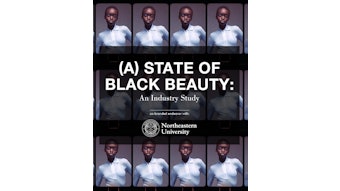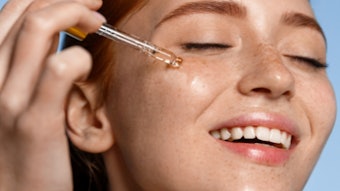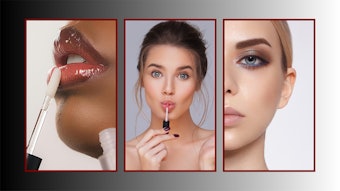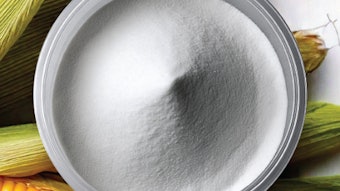With sustainability coming to the forefront, Organic Monitor announced details of its new summit that aims to help the beauty industry more sustainable by focusing on practical initiatives. Taking place in New York City on March 24–26, 2010, the Sustainable Cosmetics Summit will, according to an announcement, bring together key organizations in the beauty industry to debate and discuss sustainability in a high-level forum. The new summit focuses on key industry issues such as ethical ingredient sourcing, green marketing, ecological packaging, sustainable partnerships, eco-labels, green formulations and financing issues. The three-day summit comprises a two-day conference program preceded by two interactive workshops.
As he did in the Frankfurt addition of the show, Horst Rechelbacher, founder of Aveda and Intelligent Nutrients, will open the summit with the keynote: "Inconvenient Truths for the Beauty Industry." Mike Indursky, chief marketing and strategy officer of Burt’s Bees, will show how sustainability can be integrated into a company’s business ethos. Other papers in the Sustainability Pathways session will look at practical approaches to reduce the environmental impact of cosmetic products.
Although there has been much anticipation of natural and organic cosmetic standards, few have had an impact in North America. The second session of the summit focuses on eco-labels and regulatory developments, with an update on leading initiatives in North America and Europe. Leading certification European agencies will provide details of the Cosmos standard and NaTrue initiative. A major U.S. retailer, to be announced, will provide viewpoints on eco-labels and standards. The session ends with a panel discussion that discusses if eco-labels are the answer to greater consumer assurance.
Day two of the conference focuses on ethical marketing. With many beauty companies accused of greenwashing and others struggling to communicate sustainable values, this session looks at marketing best-practices. Topics will cover green marketing challenges, sustainable brand development, ethical retailing and consumer behavior toward natural personal care products. CEOs of leading natural cosmetic firms such as Jurlique, Kiss My Face and Sustainable Youth Technologies comprise the panel that will discuss how sustainability can give a competitive advantage.
The final session of the conference program covers two of the critical issues companies face with natural cosmetics: investments and green formulations. A large number of small-medium size companies characterize the natural cosmetics industry, with many seeking financing for business growth. A leading financial institution will discuss the financing and investment options available to beauty companies, highlighting the sources, advantages and disadvantages of each. The second break-off session looks at how some of the major technical hurdles to formulating natural cosmetics can be overcome.
The conference is preceded by two interactive workshops conducted by Organic Monitor. Judi Beerling, head of technical research, will undertake a detailed analysis and comparative assessment of natural and organic cosmetic standards. A critical review is undertaken of all leading standards in North America, Europe, Asia-Pacific and other regions. The second workshop on March 24 will assess business opportunities in the global market for natural and organic cosmetics. Although global sales are increasing by more than $1 billion a year, Organic Monitor finds few new entrants have realized business opportunities. The workshop analyzes the global natural and organic cosmetics market, highlighting the major trends and developments and identifies growth openings.
More information is available from conference marketing manager Tina Gill.










